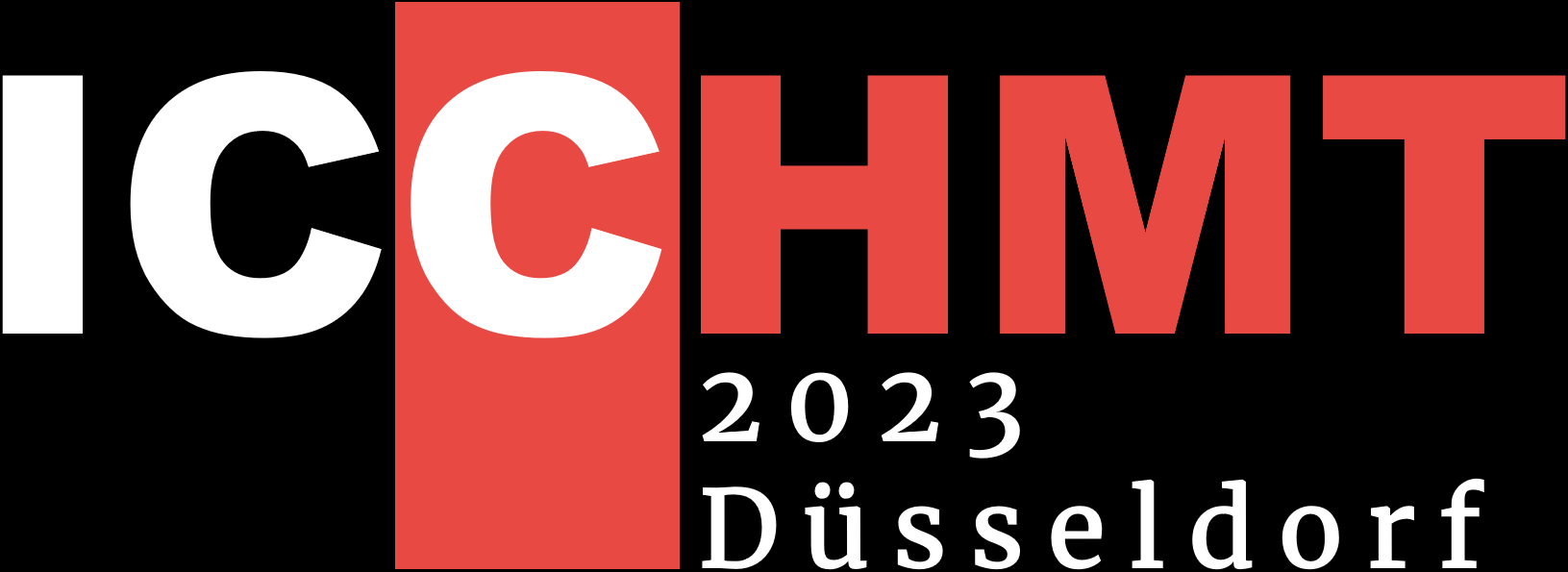Objectives
The ICCHMT conference series, which is being periodically held since 1999 has the heat and mass transfer processes in focus. This fundamental discipline is obviously the backbone of a wide range of engineering applications, especially in the area of energy/thermal/process engineering, and has an even wider reaching scope including the environmental as well as biological processes.
With today's urgent needs on the efficient use of energy resources, coupled with environmental concerns, the importance of the topic becomes even more obvious. Nanotechnology and biomedical applications are examples of recently growing fields pertaining to heat and mass transfer.
The conference addresses specifically the research, development and application of the computational methods, without, however, excluding experimental and theoretical approaches, especially as means of validation and inspiration. The highly multifaceted field that can include multi-phase phenomenon and chemical reactions is correspondingly demanding for the computational methods. The latter can cover a wide range of scales, extending form macroscopic-level to nano-level, using continuum or discrete mechanics, depending on the considered phenomenon and purpose. As various procedures such as FVM, FEM, FDM can be used to discretize the field equations of continuum, particle based methods utilizing different philosophies such as SPH or LBM can also be employed, which can model continuum as inspired by discrete mechanics or molecular dynamics, and, thus, build a bridge to meso-scales, whereas truly MD calculations can be performed at non-continuum scales.
The conference series provides a platform for scientists and engineers to meet regularly in a relaxed environment to discuss new ideas and developments on the computational methods and their applications, as well as a good opportunity for young scientists and engineers to explore the art of the computational methods and future perspectives.
Coverage
The conferences covers the development and application of computational methods in all areas pertaining to fluid flow, heat and mass transfer, examples of which are provided below.
Aeronautical and Space Applications
Biomedical Engineering
Bio-Inspired Flow and Heat Transfer
Combustion
Compressible Flows
Buoyancy-Driven Flows
Double-Diffusive Convection
Energy Storage
Environmental Flows
Fluid Machinery
Granular Flows
Heat Exchangers / Heat Pipes
Heating, Ventilating, Air Conditioning
Hydrology
Manufacturing/Materials Processing
Marine / Ocean Engineering
Micro / Nano Heat and Mass Transfer
Mixing Devices and Phenomena
Multi-Phase Flows
Multi-Physics Applications
Non-Newtonian Flows
Nuclear Applications
Particle Laden Flows
Phase Change
Porous Media
Reactive Flows
Renewable Energies
Turbulent Flows
Vehicle Design
Wind Engineering
Waste Management & Disposal
Other Related Topics
...
History
1999 - Cyprus
2001 - Rio De Janeiro, Brazil
2003 - Banff, Canada
2005 - Paris, France
2007 - Canmore, Canada
2009 - Guangzhou, China
2011 - Istanbul, Turkey
2015 - Istanbul, Turkey
2016 - Cracow, Poland
2017 - Seoul, Korea
2018 - Cracow, Poland
2019 - Rome, Italy
2021 - Paris, France
